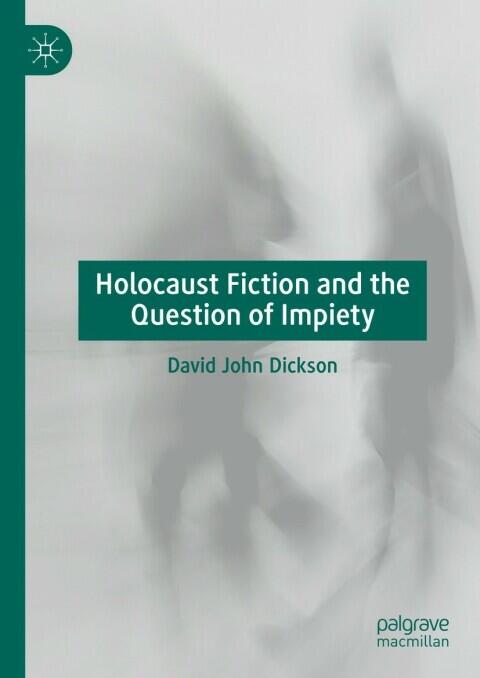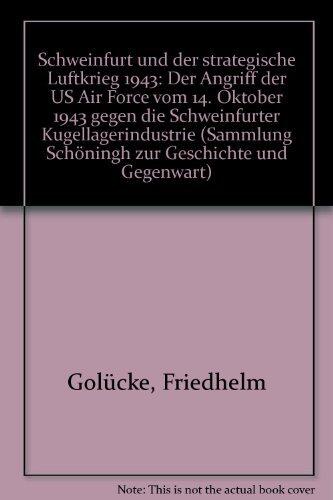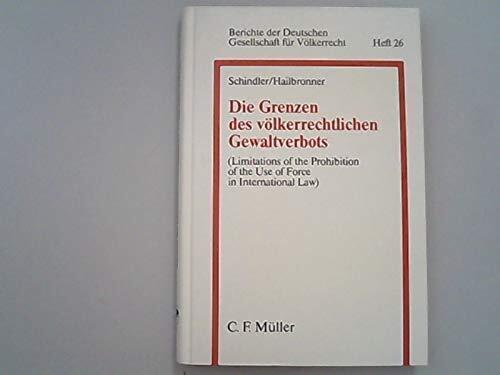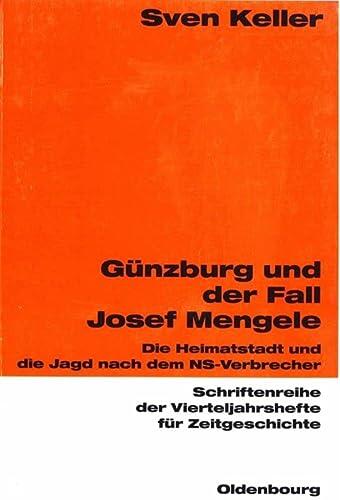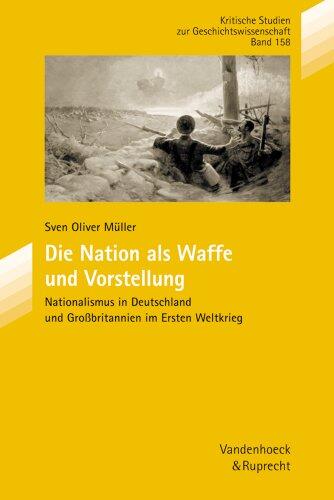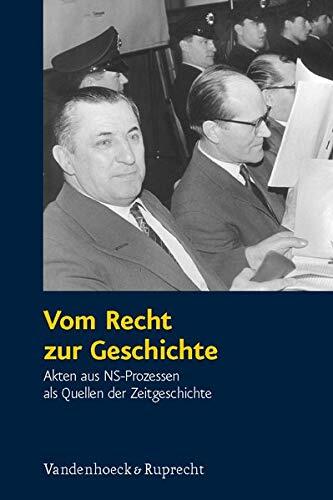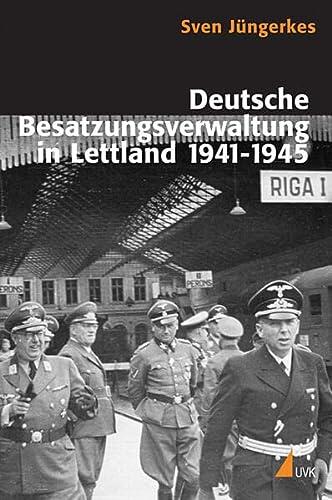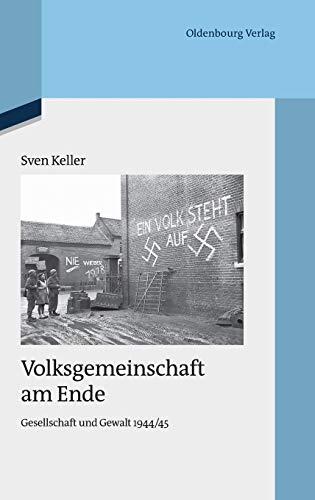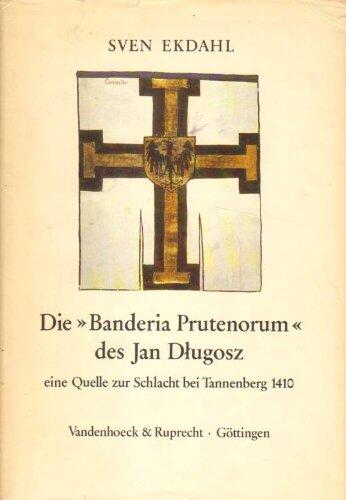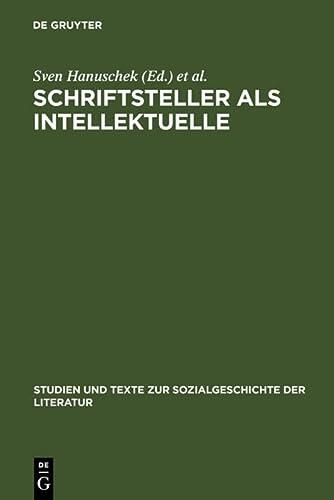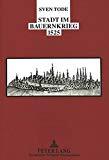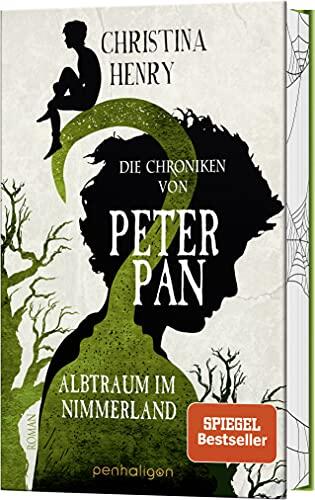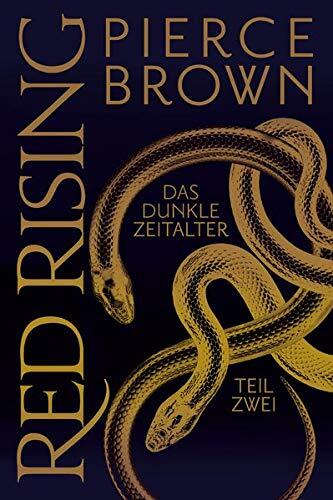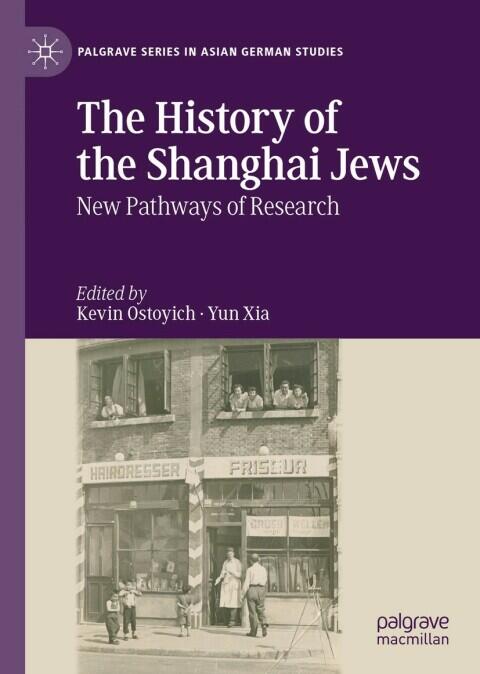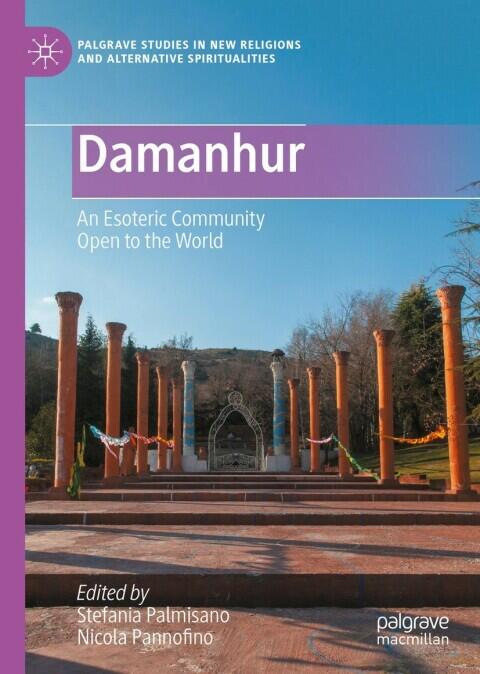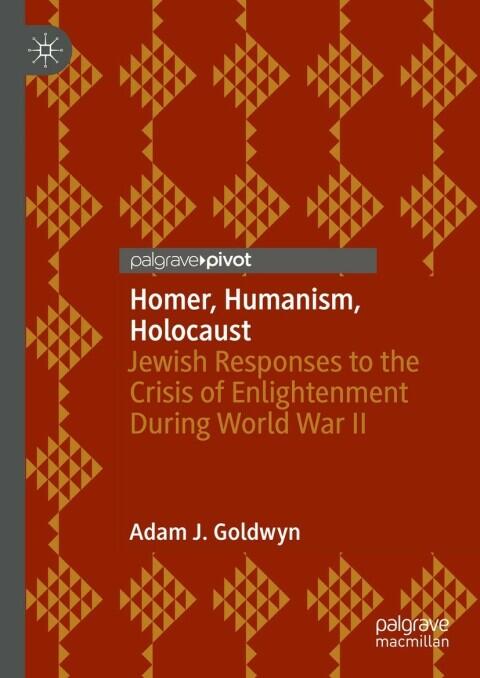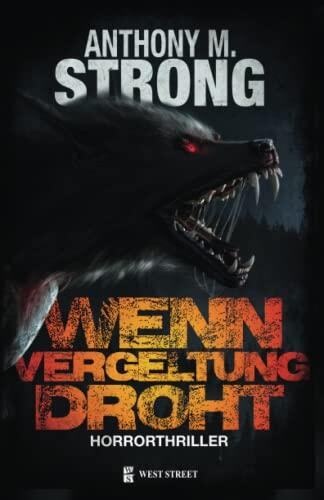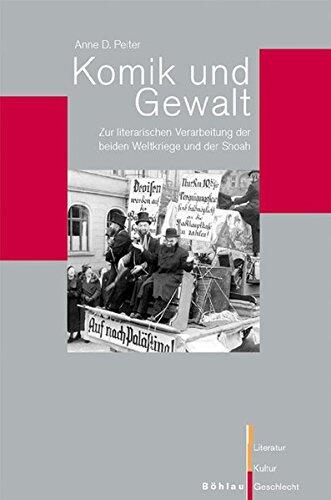
Komik Und Gewalt: Zur Literarischen Verarbeitung Der Beiden Weltkriege Und Der Shoah
por
Anne D. Peiter
Aún sin calificaciones
Action & Adventure
History
Humor
Formato
Tapa blanda
Páginas
454
Idioma
Alemán
Publicado
Nov 3, 2007
Editorial
Vandenhoeck & Ruprecht Gmbh & Co
Edición
Aufl. ed.
ISBN-10
3412242063
ISBN-13
9783412242060
Descripción
Anne D. Peiter explores the intricate relationship between literature and the historical trauma of the two World Wars and the Holocaust in this profound work. Through a meticulous examination of key literary texts, Peiter illuminates how authors have grappled with themes of violence and suffering, reflecting the chaotic realities of their times.
One compelling focus is on Karl Kraus's "Die letzten Tage der Menschheit," where Peiter delves into the theatricality of war and the absurdity of human actions during such catastrophic events. Kraus's depiction of the First World War is likened to a tragic carnival, showcasing the bizarre interplay of comedy and horror that defines the human experience amidst conflict.
Peiter also investigates the narratives surrounding the Holocaust, highlighting how literature serves as both a witness and a means of processing immense grief and loss. By analyzing various texts, she unveils the complexities of memory, trauma, and the struggle for meaning in the aftermath of devastation.
Ultimately, Peiter offers readers a thought-provoking reflection on the power of storytelling as a means to confront historical violence, urging a reevaluation of how literature shapes collective memory and identity. Through this, she emphasizes the enduring impact of these narratives on contemporary discussions surrounding violence and humanity.
One compelling focus is on Karl Kraus's "Die letzten Tage der Menschheit," where Peiter delves into the theatricality of war and the absurdity of human actions during such catastrophic events. Kraus's depiction of the First World War is likened to a tragic carnival, showcasing the bizarre interplay of comedy and horror that defines the human experience amidst conflict.
Peiter also investigates the narratives surrounding the Holocaust, highlighting how literature serves as both a witness and a means of processing immense grief and loss. By analyzing various texts, she unveils the complexities of memory, trauma, and the struggle for meaning in the aftermath of devastation.
Ultimately, Peiter offers readers a thought-provoking reflection on the power of storytelling as a means to confront historical violence, urging a reevaluation of how literature shapes collective memory and identity. Through this, she emphasizes the enduring impact of these narratives on contemporary discussions surrounding violence and humanity.
Reseñas
No hay reseñas aún
Sé el primero en reseñar este libro y compartir tus pensamientos
Añadir Primera ReseñaRegistro de lectura
No se encontraron registros de lectura
Empieza a rastrear tu progreso de lectura para ver los registros aquí
Agrega tu primer registro de lecturaNotas
Registro de transacciones
No se encontraron registros de transacciones
Empieza a rastrear tus transacciones de libros para ver los registros aquí
Agrega tu primer registro de transacciones
